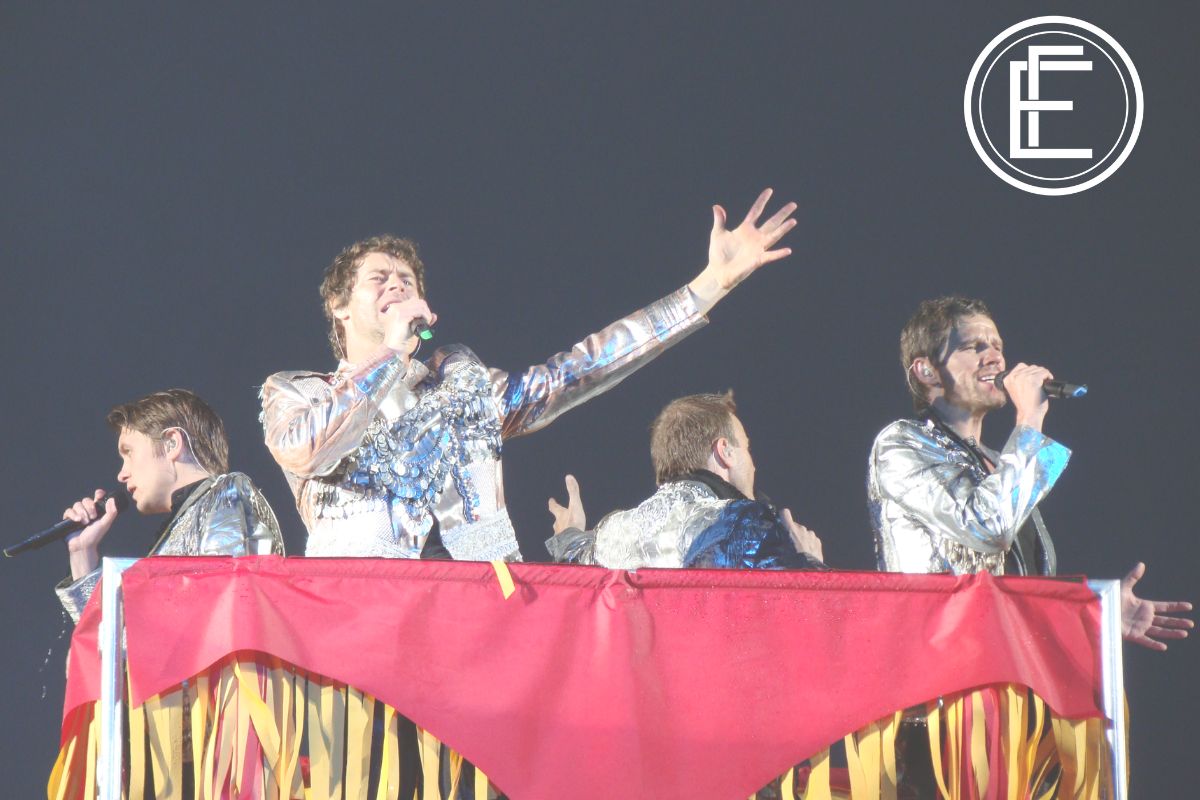In today’s digital age, social media has become an indispensable tool in the realm of event hospitality. From enhancing guest experiences to driving promotional strategies, social media platforms like Instagram, Facebook, and LinkedIn play a pivotal role in transforming how events are organised and perceived. The role of social media in event hospitality is indeed significant and influential.
Enhancing Guest Experience
Virtual Tours: Venues can offer virtual tours on social media, allowing fans to explore the space before arriving. This helps set expectations and build excitement.
Event Highlights: Sharing highlights from previous events can give fans a taste of what to expect, enhancing anticipation and engagement.
Travel Tips: Providing travel tips and updates on social media can help fans plan their journey, ensuring a smooth arrival.
Interactive Maps: Posting interactive maps of the venue can help fans navigate the space easily, enhancing their overall experience.
Personalised Recommendations: Social media algorithms can suggest events and hospitality packages based on fans’ interests and past interactions. This personalisation makes it easier for fans to find events they’ll enjoy.
Exclusive Access: Fans can gain access to exclusive content, such as behind-the-scenes footage, interviews with performers or speakers, and sneak peeks of the venue. This makes them feel special and more connected to the event.
Real-Time Interaction: Social media allows fans to interact with event organisers and other attendees in real-time. They can ask questions, participate in live polls, and share their excitement, enhancing their overall experience.
Community Building: By using event-specific hashtags, fans can connect with others who share their interests. This sense of community can make the event more enjoyable and memorable.
Promotional Strategies
Early Bird Offers: Announcing early bird offers on social media can encourage fans to book early and secure the best deals.
Flash Sales: Hosting flash sales exclusively on social media can create urgency and drive quick bookings.
Referral Discounts: Offering referral discounts for fans who share event details on their social media can increase reach and engagement.
Exclusive Content: Sharing behind-the-scenes content or sneak peeks can entice followers to engage more with the event.
Special Offers and Discounts: Following event organisers on social media can give fans access to special offers, discounts, and early bird tickets. This not only saves them money but also makes them feel valued.
Fan Engagement and Feedback
Live Streaming: Live streaming parts of the event can engage fans who couldn’t attend, making them feel part of the experience.
Interactive Stories: Using Instagram or Facebook stories to post interactive content like polls or quizzes can keep fans engaged throughout the event.
Post-Event Surveys: Sharing post-event surveys on social media can gather valuable feedback and show fans that their opinions matter.
Feedback and Influence: Fans can easily share their feedback and experiences on social media. Positive reviews and testimonials can influence others to attend future events, while constructive feedback helps organisers improve.
Brand Building and Awareness
User-Generated Content: Encouraging fans to share their experiences and tag the business can create authentic content that builds trust and awareness.
Influencer Collaborations: Partnering with influencers to promote the event can expand reach and enhance credibility.
Consistent Branding: Maintaining consistent branding across all social media platforms can strengthen brand identity and recognition.
Event Recaps: Posting event recaps and highlights can keep the event in fans’ minds and encourage them to attend future events.
Visual Storytelling: Fans can share their own photos and videos from the event, creating a visual story that enhances their memories and promotes the event to their followers.
Data Analytics and Insights
Sentiment Analysis: Using sentiment analysis tools to gauge fan reactions and feelings about the event can provide insights for improvement.
Engagement Metrics: Tracking engagement metrics like likes, shares, and comments can help understand what content resonates most with fans.
Demographic Insights: Analysing demographic data from social media followers can inform targeted marketing strategies.
Trend Analysis: Monitoring social media trends can help identify new opportunities and stay ahead of competitors.
Crisis Management
Emergency Updates: Posting emergency updates on social media can quickly inform fans of any changes or issues.
Clarification Posts: Using social media to clarify misinformation and provide accurate details can prevent panic and confusion.
Support Channels: Offering support channels via social media for fans to ask questions and get assistance can enhance trust and reliability.
Real-Time Communication: Leveraging real-time communication on social media can ensure fans are always informed and reassured during crises.
At Experience First, we understand the transformative power of social media in event hospitality. Our team is dedicated to creating unforgettable experiences that resonate with our audience. We are highly active on social media, providing insights into the industry, showcasing our events, and helping you discover the perfect event to attend. We invite you to follow us on Instagram, Facebook, and LinkedIn to stay informed and engaged. Let us demonstrate why we are best placed to assist with any events you are looking to attend, and keep you informed and engaged along the way.
Follow us on LinkedIn
Follow us on Instagram
Follow us on Facebook
Image information
CC0 licensed photo by Nilo Velez.



